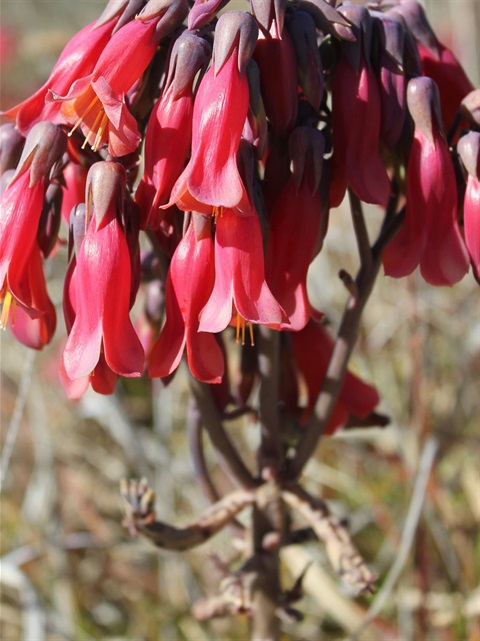Biosecurity & Weeds

The Biosecurity Act 2015 came into effect on 1 July 2017 and it repealed the Noxious Weed Act 1993.
It is designed to provide a modern, flexible and adaptive approach to managing the risk of biosecurity within NSW. The main objective of the new Act is to provide a framework for the prevention, elimination and minimisation of biosecurity risks posed by biosecurity matter. The new Biosecurity Act calls for tenure neutral. We need to promote biosecurity as a shared responsibility between government, industry and communities.
Weed Management is without a doubt one of Australia’s biggest Natural Resource Management challenges facing this country today. Weeds threaten our valuable agricultural industries, influence the economic viability of our communities, affect human health, and pose a major threat to our unique biodiversity. Weeds cost Australia over $4billion per year in lost production and control measures. In NSW alone, weeds cause an estimated $600 million in loses every year.
Narrabri Shire Council is the Local Control Authority responsible for administering the Biosecurity Act 2015 which encompasses the towns of Baan Baa, Bellata, Boggabri, Edgeroi, Gwabegar, Narrabri, Pilliga and Wee Waa and consists of an area of 13 030km2.
Biosecurity Matter – all landholders and government agencies have a legal obligation to control biosecurity matter (old noxious weeds) on their land and work on an effective control strategy that ensures that they meet their General Biosecurity Duty. Please refer to the North West Regional Strategic Weed Management Plan for the weeds list.
General Biosecurity Duty (GBD) - Any person or a carrier who deals with biosecurity matter and who knows, or ought reasonable to know, the biosecurity risk posed or likely to be posed by the biosecurity risk posed or likely to be posed by the biosecurity matter, carrier or dealing has a biosecurity duty to ensure that, so far as is reasonably practicable, the biosecurity risk is prevented, eliminated or minimised.
If Narrabri Shire Council’s Authorised Officers believe that the owner/occupier of the land is failing in their biosecurity duty to control weeds on their land then they can issue a Biosecurity Direction to prevent, eliminate or minimise the biosecurity risk. Failure to comply with the biosecurity direction is an offence and could result in a penalty notice or prosecution.
To see the current biosecurity matter list and classifications please review the following documents and links.